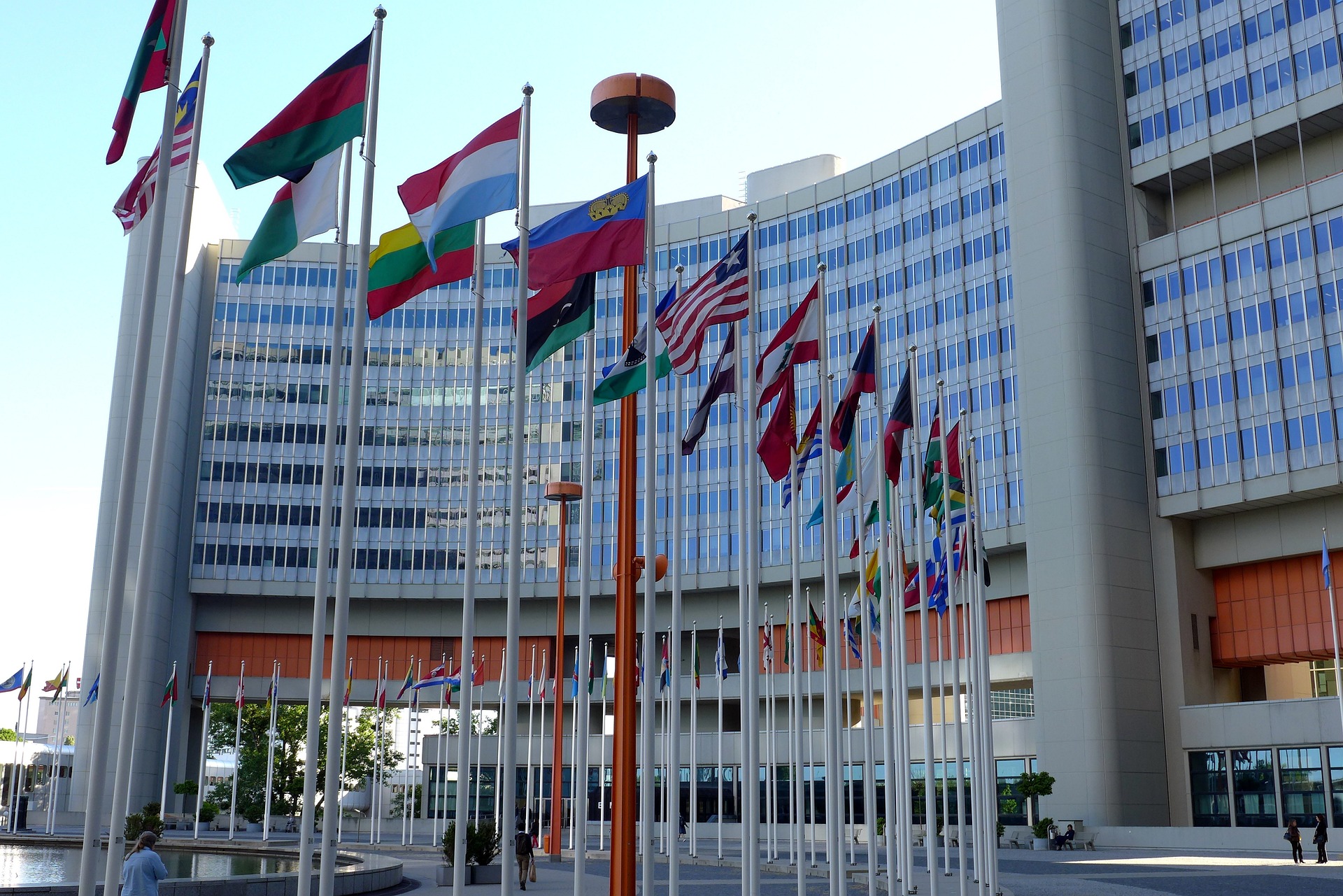There is a strong need for developing countries to create an enabling legal environment for electronic transactions, as digital trade and cross-border e-commerce become increasingly crucial components in trade deals, according to a legal expert.
E-commerce is increasingly being recognized and promoted in global and regional free trade agreements (FTAs) through provisions for adopting an enabling environment, said Luca Castellani, a legal officer in the Secretariat of the United Nations Commission on International Trade Law (UNCITRAL).
Countries that eye membership in FTAs will therefore do well to note such trends and respond accordingly, he added.
UNCITRAL is the core legal body of the UN system in the field of commercial law tasked to modernize and harmonize the rules of international business. The commission deals with the law on electronic transactions, electronic contracting, and electronic signatures.
Castellani said an enabling legal environment for digital trade can be established through adopting treaties and harmonizing national laws based on uniform legal standards.
These uniform legal standards may have global coverage, such as the UNCITRAL legislative texts, or regional, such as the APEC Data Privacy Pathfinder and APEC Cross Border Privacy Rules.
Focusing on UNCITRAL texts, Castellani said these will help in implementing treaties for countries that want to advance their engagement in the digital economy and realize the benefits from these agreements.
UNCITRAL texts pertaining to e-commerce include the following:
• UNCITRAL Model Law on Electronic Commerce (MLEC), which has been enacted in over 80 states
• UNCITRAL Model Law on Electronic Signatures, enacted in about 40 states
• UN Convention on the Use of Electronic Communications in International Contracts (ECC), which has 16 state parties and over 20 states enacting its provisions domestically
• UNCITRAL Model Law on Electronic Transferable Records, enacted in seven jurisdictions
• UNCITRAL Model Law on the Use and Cross-Border Recognition of Identity Management and Trust Services
Castellani noted how two mega trade deals, namely, the Comprehensive and Progressive Agreement for Trans-Pacific Partnership (CPTPP) and the Regional Comprehensive Economic Partnership (RCEP), extend strong support for an enabling legal environment.
Chapter 14 of the CPTPP promotes e-commerce and paperless trade facilitation by providing for the mutual recognition and interoperability of electronic transactions, authentication and signatures. The chapter also explicitly refers to a duty to adopt UNCITRAL texts and allows the use of specific technologies for certain types of transactions.
RCEP, on the other hand, states that each party shall adopt or maintain a legal framework governing electronic transactions, mentioning the use of MLEC, ECC, or other applicable international conventions and model laws relating to e-commerce.
Said Castellani: “UNCITRAL texts have been adopted in more than 100 states, many of them developing and least developed countries” that seek to engage in digital trade and cross-border e-commerce.
He said the adoption of enabling legal texts is needed to balance regulation of e-commerce that can be detrimental to digital trade growth. He also mentioned the need to ensure adequate resources, robust capacity building, and determined implementation since these are the biggest challenges in the creation of an enabling legal environment.
Updating the e-Commerce Act
In the case of the Philippines, the United Nations Economic and Social Commission for Asia and the Pacific and the Bureau of Customs introduced in mid-2022 the “Readiness Assessment for Cross-Border Paperless Trade: Philippines” report.
The readiness report conducted a legal and technical assessment of the Philippines’ readiness for cross-border paperless trade and found the country falling short. It recommended the updating of the Electronic Commerce Act or e-Commerce Act to ease the requirements for the recognition of electronic and digital signatures and facilitate cross-border paperless trade in the country.
By amending the e-Commerce Act, it can become consistent with the UN’s Model Law on Electronic Commerce and Electronic Communications Convention, the report added. The MLEC provides internationally acceptable rules for removing legal obstacles and increasing legal predictability for e-commerce, while the ECC aims to facilitate the use of electronic communications in international trade.
Moreover, the report found that implementation remained uneven among agencies and stakeholders in the Philippines.
“Implementation in paperless trade and cross-border paperless trade [has] room for further improvements. The Philippines could reduce trade costs and improve its competitiveness by accelerating its efforts to digitalize trade procedures,” the paper said.
Source: PHILEXPORT News and Features
January 16, 2023













